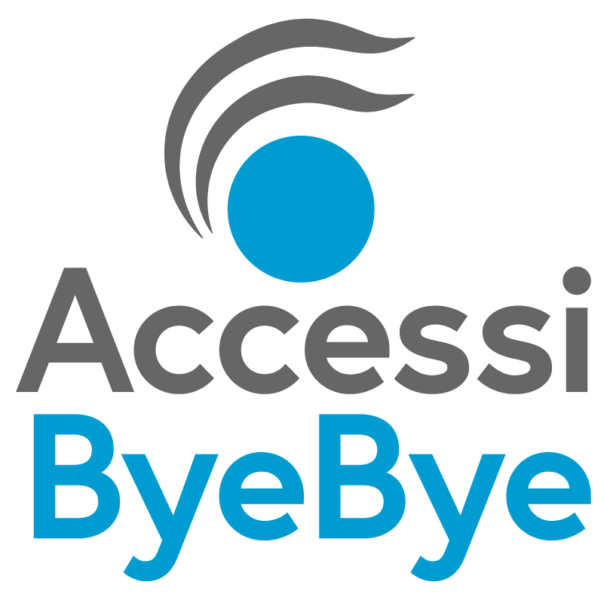Continuing Dialogue on Accessibility Overlays
Earlier this year the blindness community finally had enough with companies claiming to provide accessible overlays to make sites more user friendly. We took note of the increasing protests and did our part to mitigate these barriers that, in some cases, would not give users the ability to bypass their intrusion.
To date, none of the services we blocked through our extension have changed their methodology.

Last week we received a message from a representative from Max Access. We offer that exchange here, not as an attempt to shame any one company, but rather as an explanation to clarify our position to any other service curious about why we have blocked them.
We remain optimistic that such services will choose to work with the blindness community rather than apply solutions they think are best for us. We do not appreciate this sort of custodial treatment. We also do not relish blocking innovation and would rather collaborate to make artificial intelligence work for the benefit of all.
The exchange follows:
Original message from Annie H:
Hello! I’m the lead accessibility auditor with Online ADA; we recently realized that our automated remediation product, Max Access, is one of the services blocked by AccessiByeBye. Could someone get in touch to give us more information about why this is? Thank you for any clarification you can give us.
My response:
Hello Annie:
Thank you for your question about AccessiByeBye. The most important thing to understand about AccessiByeBye is that we are providing it as a public service for the blind community, to which we ourselves belong. There’s no money in it for us, and the extension is open source, so any third-party developer can verify that we don’t have anything up our sleeves. We developed AccessiByeBye because we, like many other blind people, find that accessibility overlays such as Max Access do more harm than good, so we wanted to give the community an easy way to get them out of the way when browsing the web.
We can’t cite any specific problems with Max Access in particular, but the prevailing opinion in our community seems to be that Max Access is no better than other accessibility overlays, such as AccessiBe. You can read an in-depth explanation of the problems with accessibility overlays at the Overlay Fact Sheet. But our short version is that while accessibility overlays claim to automatically and intelligently fix web accessibility problems with a simple code snippet, they are not actually effective, especially for blind users, and often get in the way of a blind user trying to navigate a site that may already be less than usable. Also, these supposed solutions were developed without consulting with blind people, and other disabled people whom these overlays are ostensibly helping. And note that we were not the first to provide a way of blocking these overlays; we just made it easier.
Now, if you’ve done any research about our own products, particularly our Scribe augmented document remediation product, you’ll know that we’re also working on an automated, AI-based accessibility remediation tool. The key difference is that we are blind people ourselves, so this product is being developed for us, by us, with the input of our community from the start. We’re also honest about the limitations of our solution, as you can read in the Scribe FAQ. In particular, we realize that while automated document remediation is often good enough to provide immediate and economical access to information, human remediation is sometimes necessary. So we don’t claim that automated remediation is a one-size-fits-all solution to accessibility.
Finally, we’re willing to reconsider our position on Max Access, or any other accessibility overlay for that matter. We believe that AI-based remediation has the potential to play a crucial role in making the world accessible. We just haven’t yet seen evidence that Max Access, or any other web accessibility overlay, actually lives up to that potential. As soon as we see evidence that Max Access can actually make websites accessible and usable for our community, we’ll be happy to remove the block on that overlay from AccessiByeBye. If other overlays follow suit, we’d even be happy to eventually retire AccessiByeBye altogether. As we said, AccessiByeBye is a public service for our community, not a money-maker for us. So if it becomes unnecessary, we’ll know we’ve done our job. Until then, we’ll continue to block Max Access and other overlays for as long as our community finds this service useful.
We hope this clarifies our position on Max Access and other accessibility overlays. Please let us know if we can provide any further clarification.
Sincerely,
Matt Campbell, Cofounder
Pneuma Solutions
